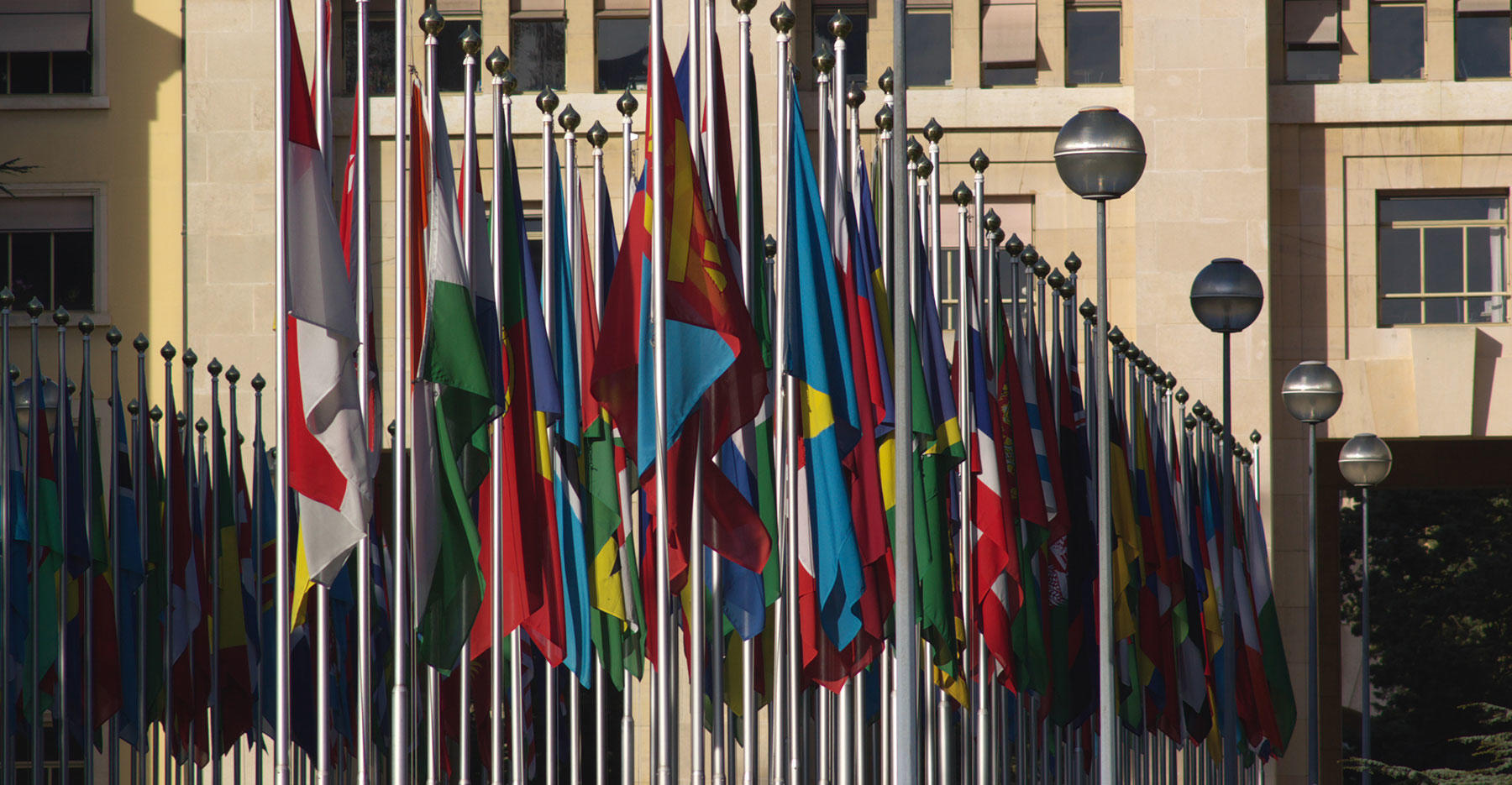Dr. Paul Stott (SOAS) speaking during EFSAS Side-event at the 39th Session of the UNHRC
18-09-2018, Geneva
Dr. Paul Stott, Lecturer at the University of Leicester and in the Centre for International Studies and Diplomacy at SOAS, University of London and Research Fellow of EFSAS, discussed a range of issues primarily focusing on Pakistan’s strategic interests and the flaws of the recent report on Jammu & Kashmir by the Office of the UN High Commissioner for Human Rights (OHCHR). He argued that Pakistan has always viewed India as an everlasting enemy, while also trying to create the impression that the country itself does not face any challenges, and maintain its influence over the government of Afghanistan. Dr. Stott discussed many of the analytical and methodological flaws found in the recently published report and the implications that had not been expressed, as well as the fact that the Report only covers the situation in Jammu & Kashmir during the period of June 2016 till April 2018. One key error highlighted was the lack of evidence based on physical ‘on the ground’ evidence, as the author did not visit any part of Jammu & Kashmir, while he focused his report very much towards picking out issues in Indian Administered Jammu & Kashmir while virtually disregarding issues in Pakistan Administered and Chinese Administered Jammu & Kashmir. Dr. Stott argued that it was very easy to launch a remotely monitored report on the countries that are easiest to criticize, as there is a flow of information from Indian Administered Jammu & Kashmir while on the other side in Pakistan Administered Jammu & Kashmir, such a flow of information is non-existent as it is harder to ask questions and develop intelligence in Pakistan, where civil society and democratic institutions are weaker.
Dr. Paul Stott (SOAS) speaking during EFSAS Side-event at the 39th Session of the UNHRC



